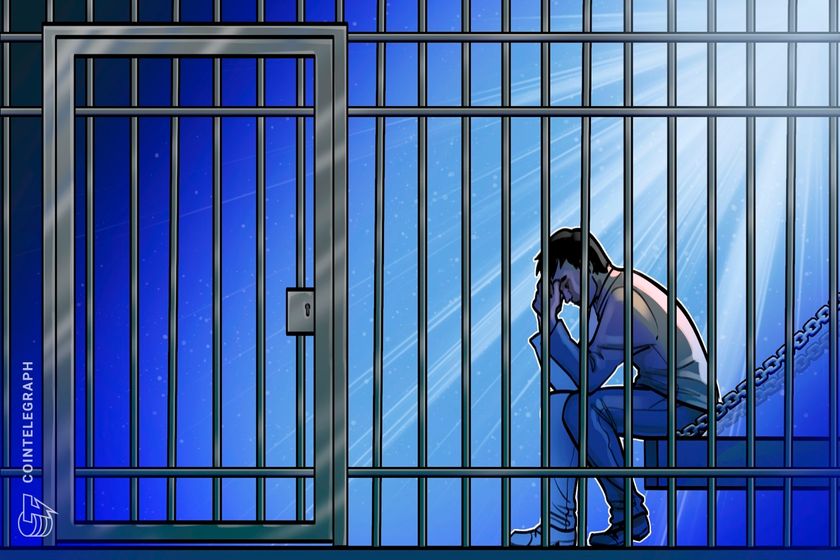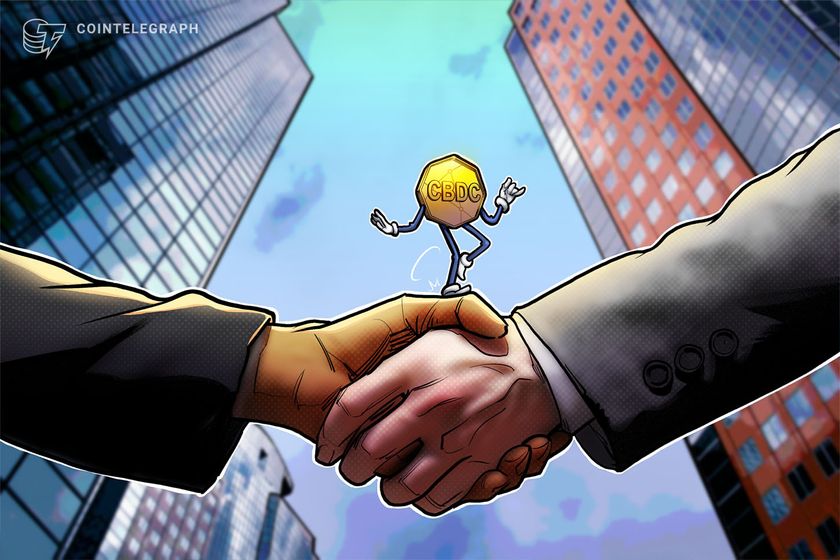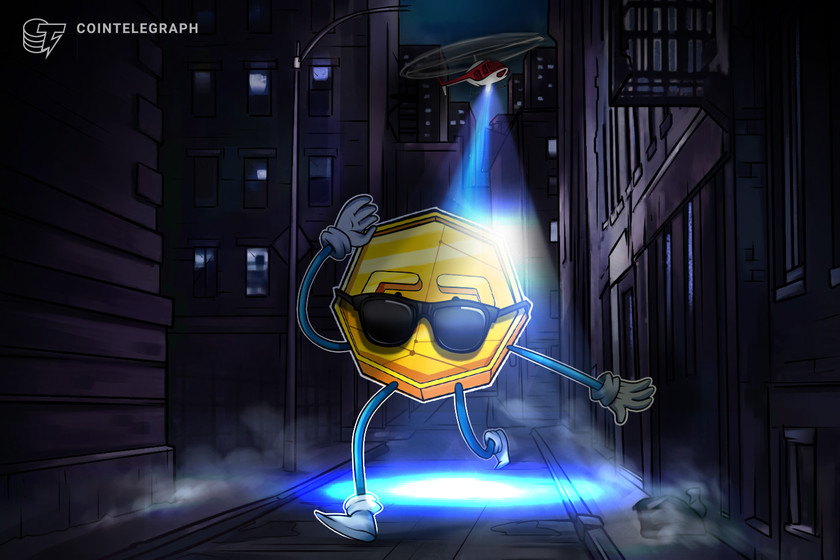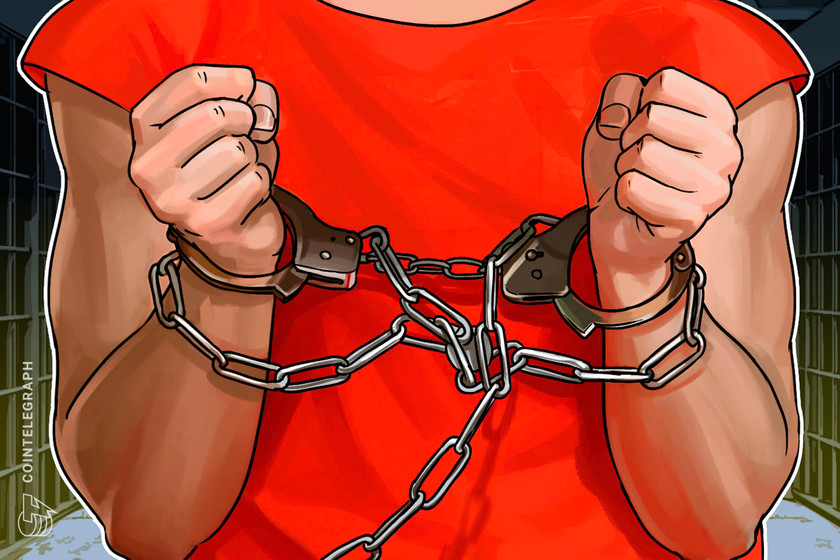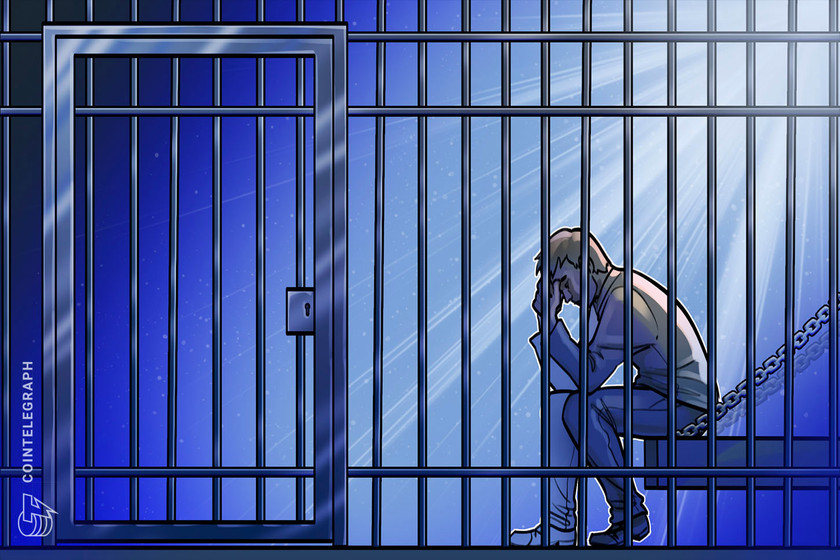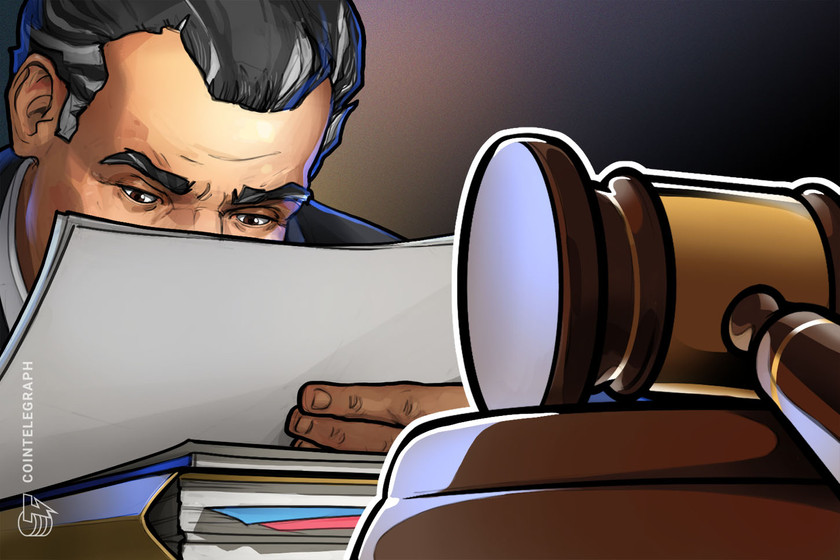Terra co-founder Do Kwon will stay in Montenegro until February: Report


The Terraform Labs co-founder had been awaiting extradition to either the U.S. or South Korea after serving a prison sentence in Montenegro for using falsified travel documents.
Terraform Labs co-founder Do Kwon, expected to be extradited to the United States to face criminal charges, will reportedly stay in Montenegrin custody until February.
According to a Dec. 12 Bloomberg report, authorities with the U.S. and South Korea requested Montenegrin officials hold Kwon for an additional two months following the conclusion of his prison sentence. The Terraform Labs co-founder was arrested in Montenegro in March for using falsified travel documents and sentenced to four months behind bars.
Kwon, a South Korean national formerly based in Singapore, has been charged in the U.S. and South Korea for his alleged role in the collapse of Terra. The Wall Street Journal reported on Dec. 7 that the U.S. would be taking custody of Kwon before South Korea. Both countries have extradition requests pending at the time of publication.

